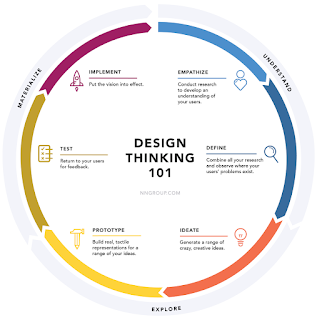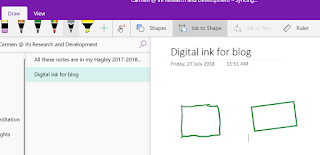NCEA review - for discussion

This conversation about the NCEA review if for parents, school students, grandparents, employers, tertiary students, employees, educators, politicians,...everyone. NCEA was phased in between 2002 and 2004. It replaced an exam system of percentage of one assessment opportunity of School Certificate and Bursary, and it replaced number system of many assessment assignments in Sixth Form Certificate. The early 2000's was the first time in decades that major changes had been made to our qualification. Now, 16 years on, we are having our first big review of it. This review is about how NCEA works as a qualification. At the end of the review some aspects of it will not have been for discussion at all. Not up for discussion are the content of the standards themselves, that is for another time. Whether or not we should have standards based assessment...at the end of this review, we will still have standards based assessment and it will still be called NCEA - that is not up for dis



